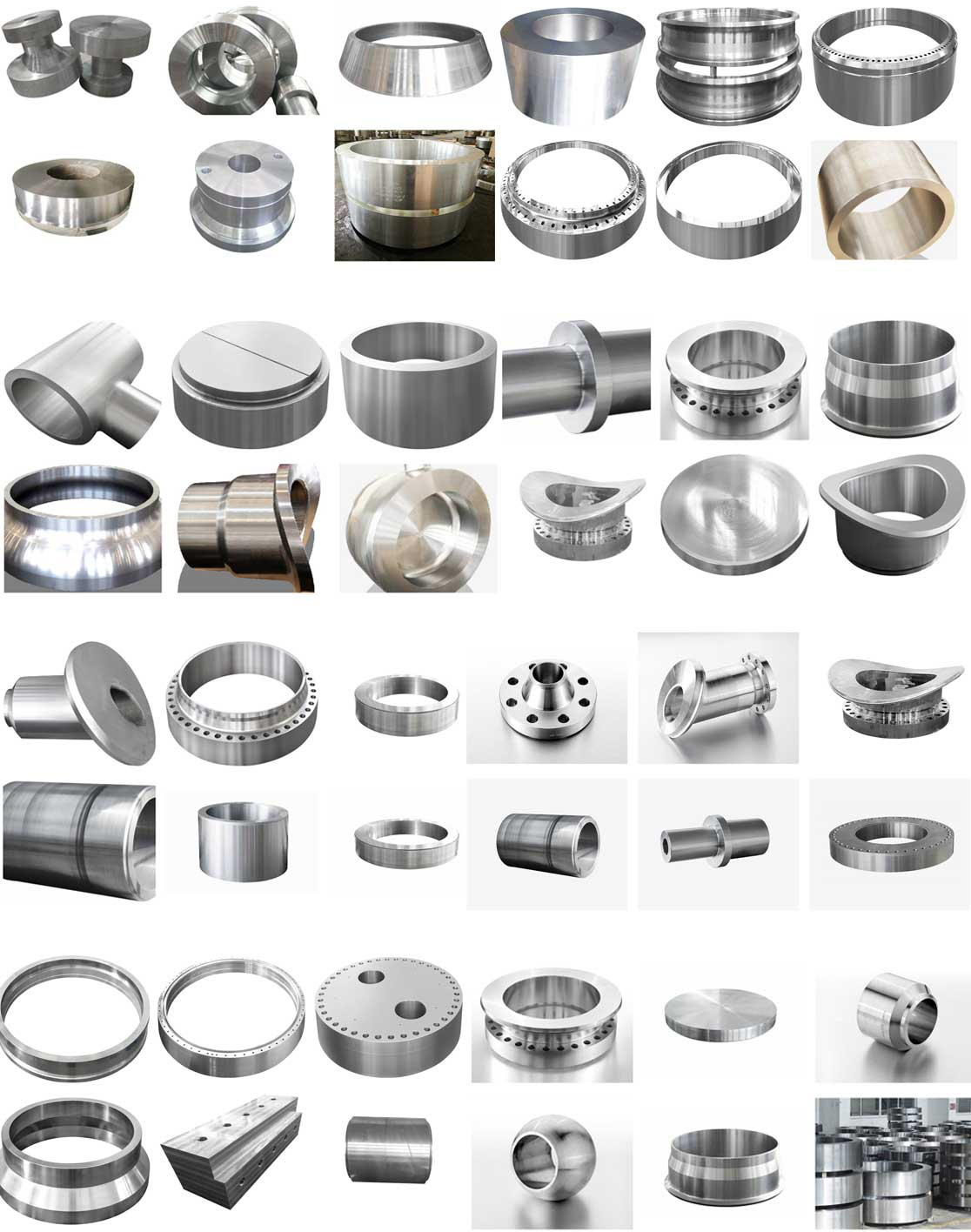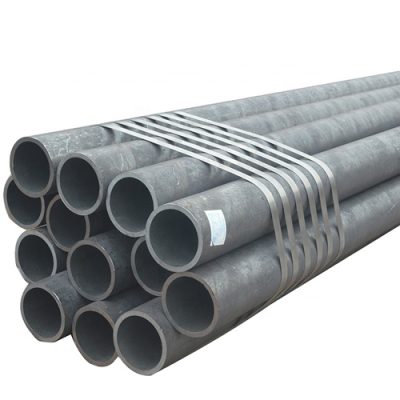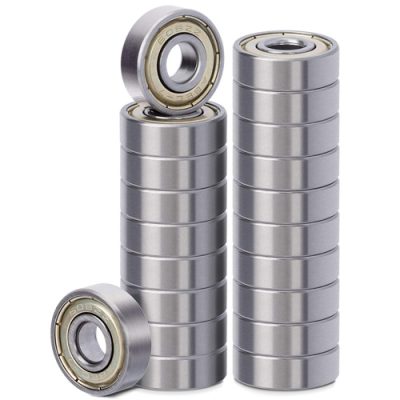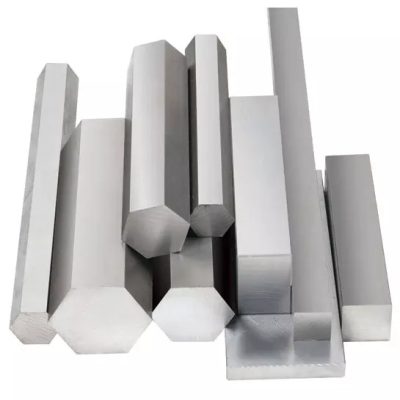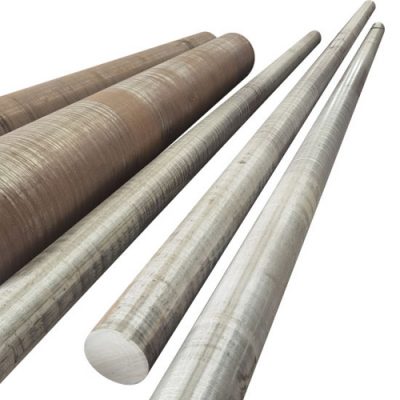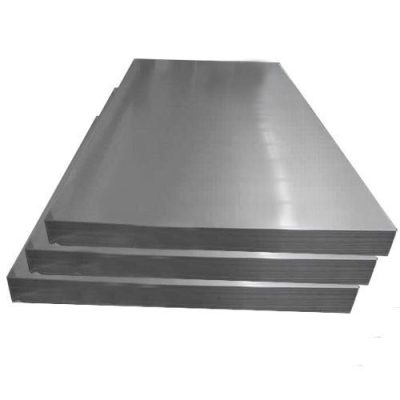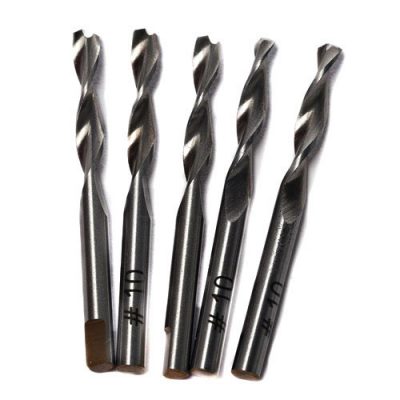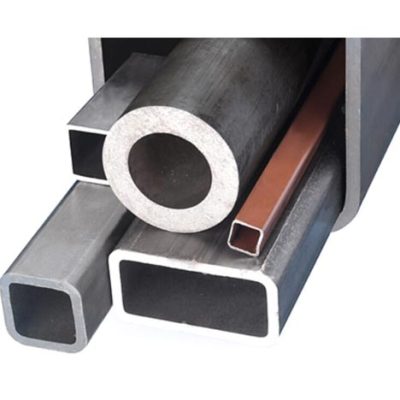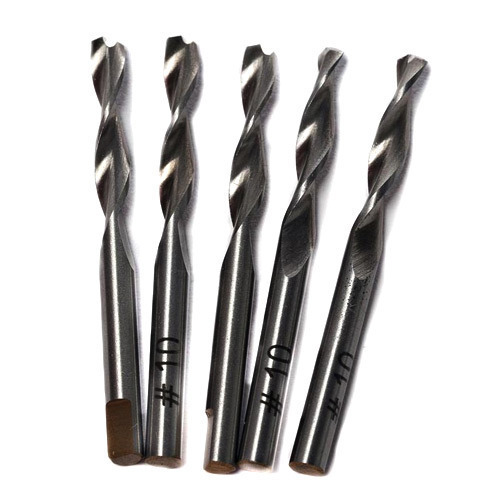

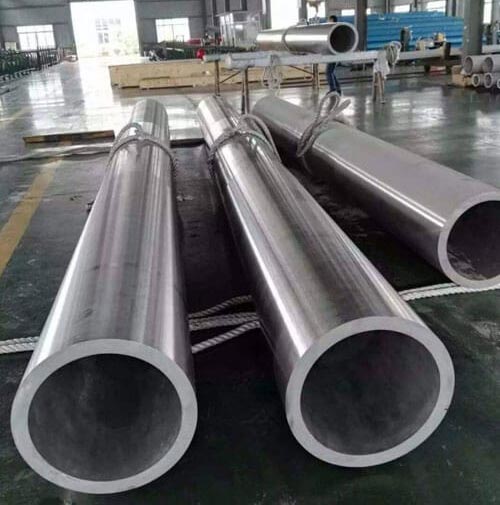
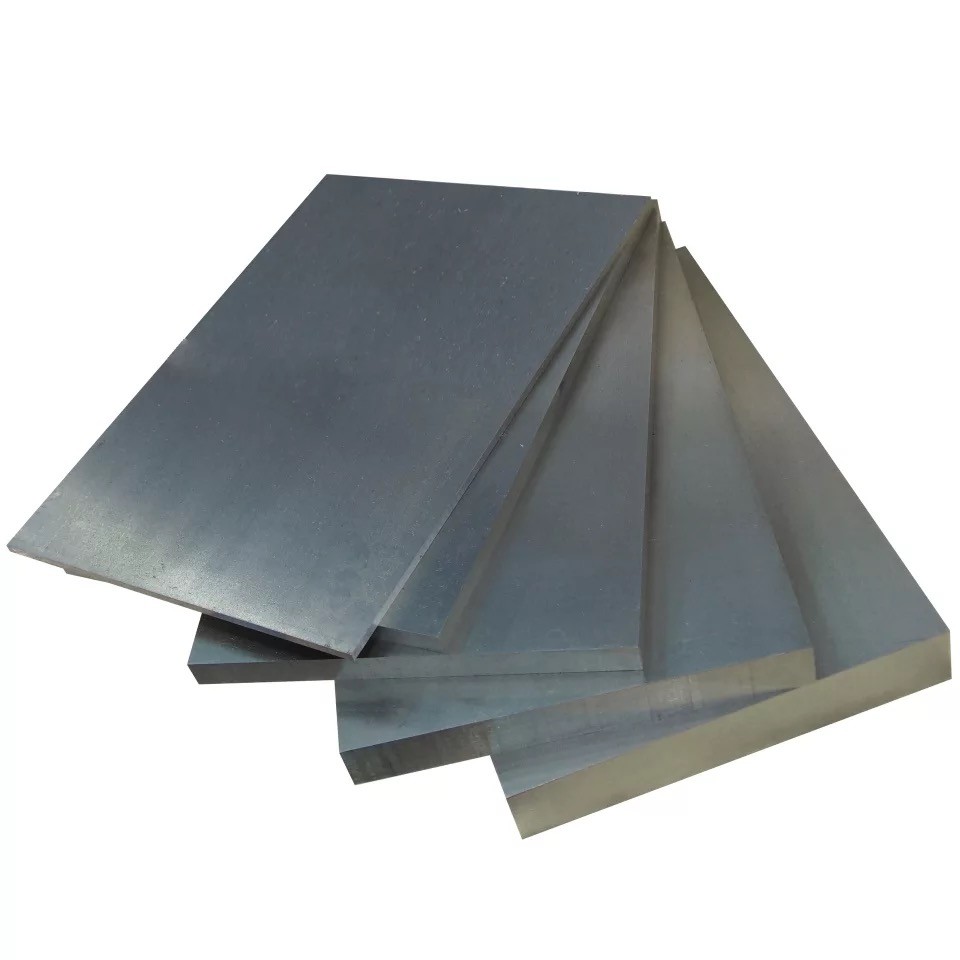




Tool steel
Tool steel is a steel with mechanical properties that make it an ideal material for tools.The hardness of the tool steel, its ability to maintain sharp edges or its resistance to wear and deformation are all noticeable.Tool steels contain various amounts of tungsten, molybdenum, cobalt and vanadium to increase the heat resistance and durability of the metal. This also makes them ideal for cutting and drilling.
There are many alloys and carbon steels, usually made from heat treated and quenched products, suitable for use as tool steels. Tool steel comes in many different grades and is used to make tools such as stamping dies, construction equipment and shafts. In addition to making tools, it is also used in other applications where materials with the mechanical properties of tool steel are required.
Email: [email protected]
WhatsApp: 0086-13788924073

1. Water hardening:
Named for the basic characteristic that water quenching is necessary. This grade of tool steel is essentially ordinary high carbon steel. It is widely used due to its low cost.
2. Cold working category:
It is composed of three tool steels: oil hardening, air hardening and high carbon chromium. Steels in this group have high hardenability and wear resistance, and average toughness. They are typically used to produce larger parts, or parts that require minimal deformation when hardened. Both oil quenching and air hardening reduce the distortion, higher stresses caused by rapid water quenching, so they are less likely to crack. Cold-worked grade D-grade tool steels may contain about 10% to 13% chromium. This type of tool steel retains its hardness at high temperatures, up to 425°C/797°F. The most typical applications of this tool steel are forging dies, die-casting modules and mold making.
3. Impact resistance:
This grade of tool steel has high impact resistance and good hardenability. It is designed to resist low temperature and high temperature shocks. It also has high impact toughness and relatively low wear resistance.
4. High speed:
T-type and M-type tool steels are used for cutting tools when strength and hardness must be maintained at high temperatures.
5. Thermal processing:
Group H tool steels are specially developed to maintain strength and hardness after prolonged exposure to high temperatures.
6. Plastic molds and special-purpose categories:
P-Code (plastic mold steel), designed to meet the needs of zinc die castings and the special requirements of plastic injection molds; L-Code, low-alloy special tool steel; F-Code, water hardening/more resistant than W-type tool steel grind.

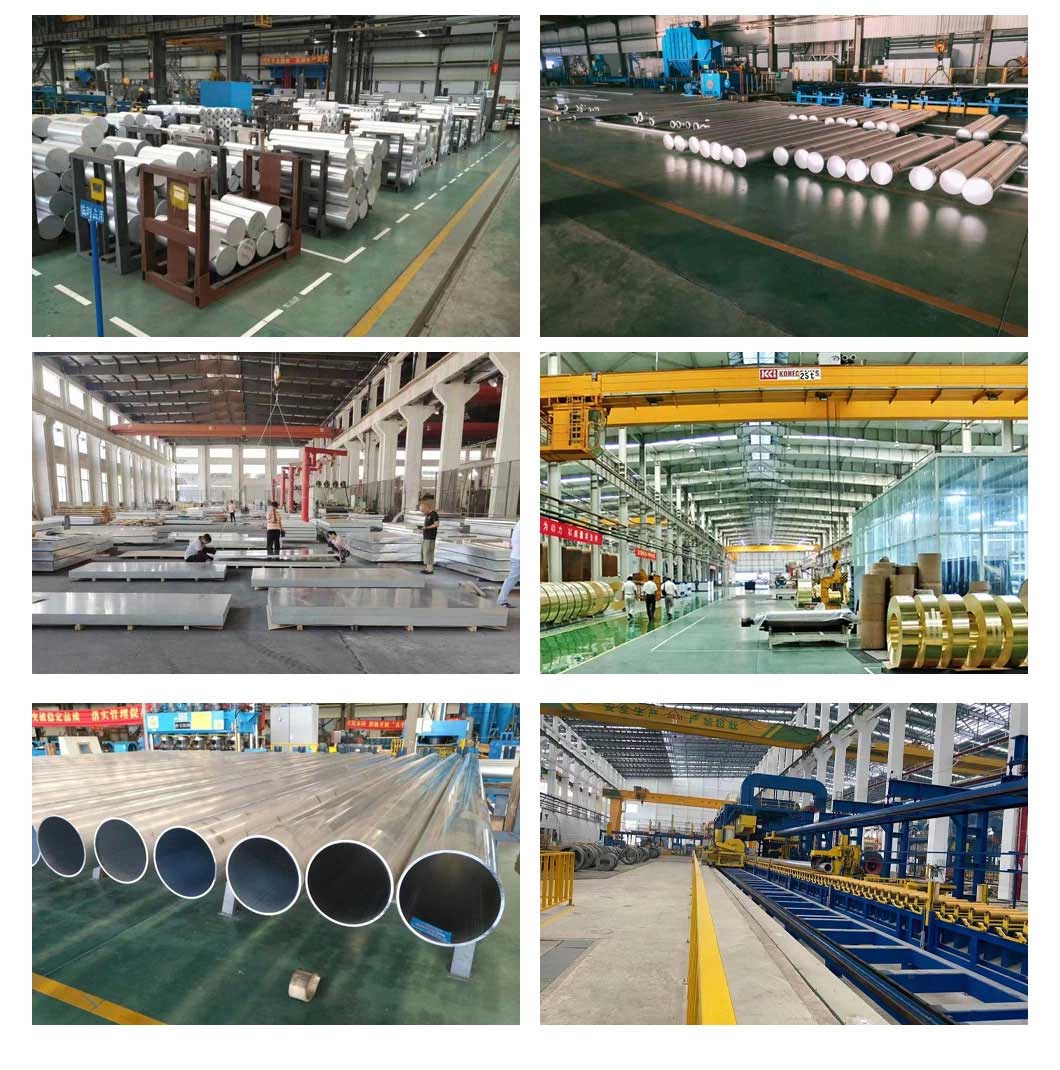
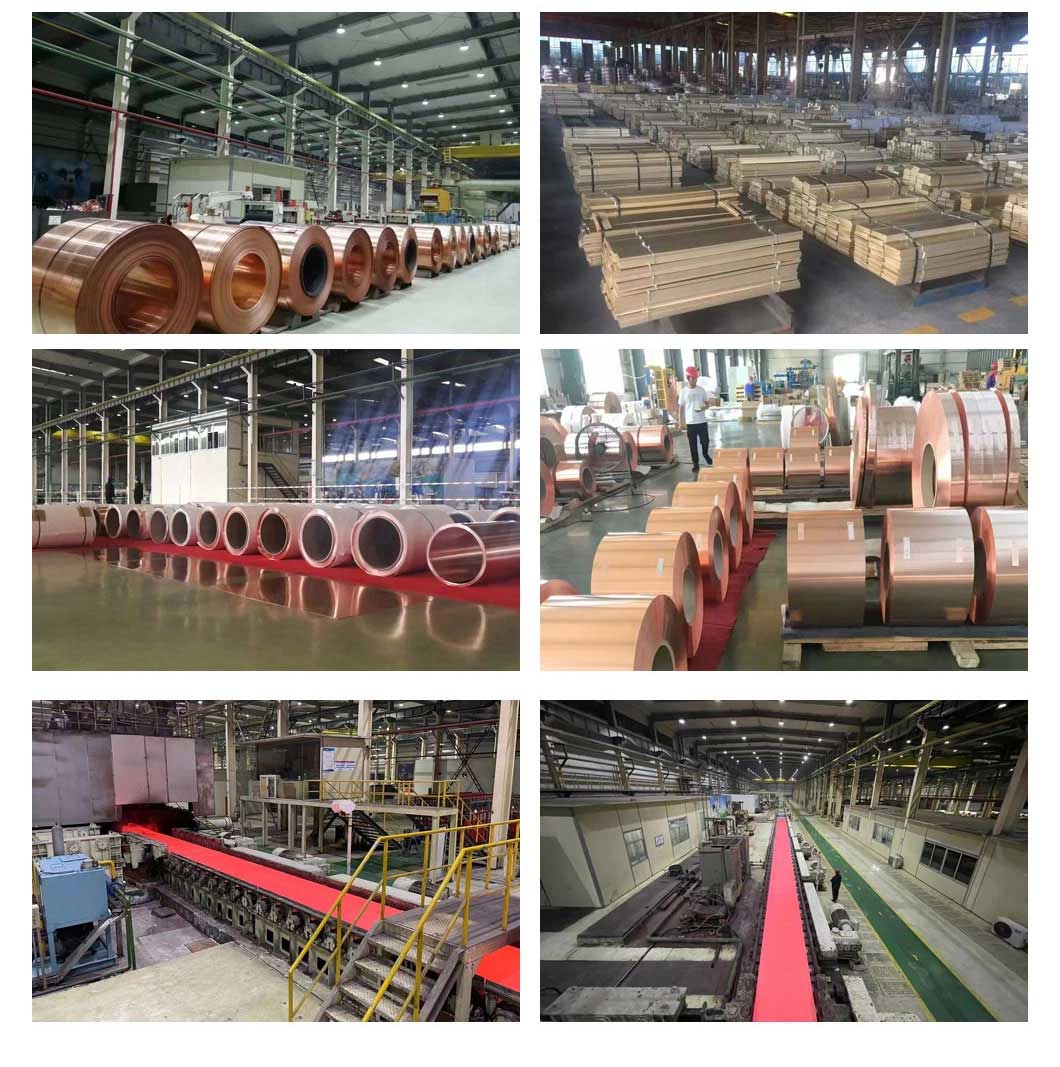
We also provide CNC precision machining services for our clients, covering industries such as energy, petrochemicals, steel, engineering machinery, plastics, prevention and control, hydraulics, healthcare, and food. Please feel free to send us drawings for inquiries.
